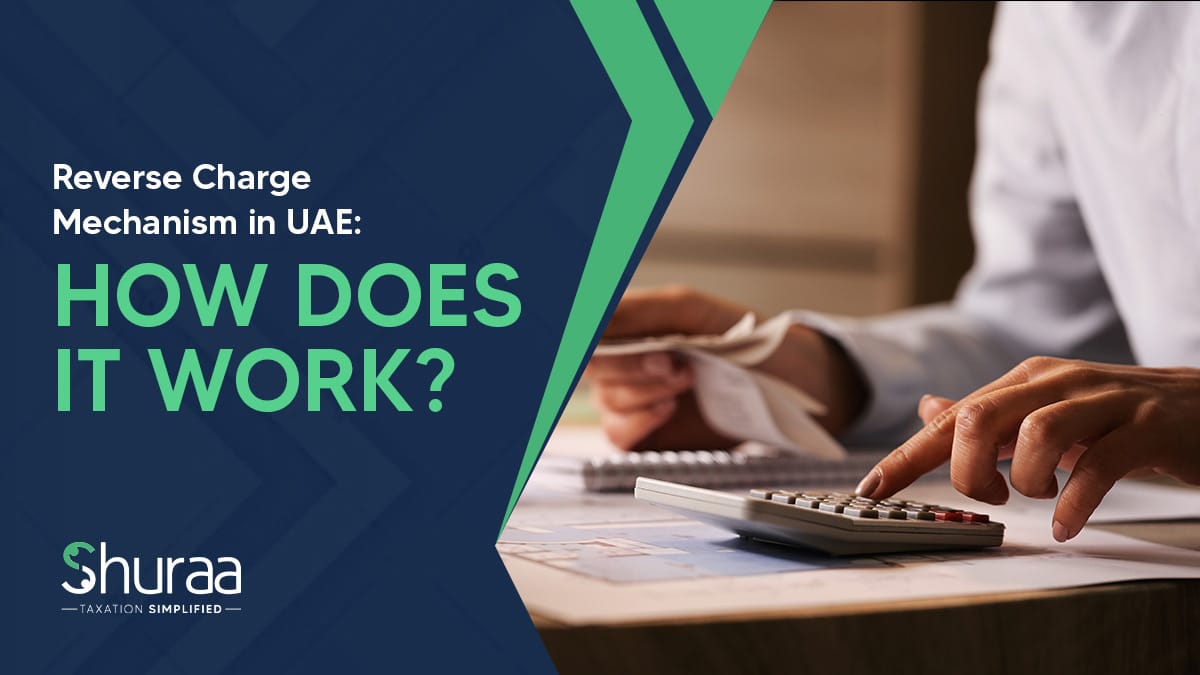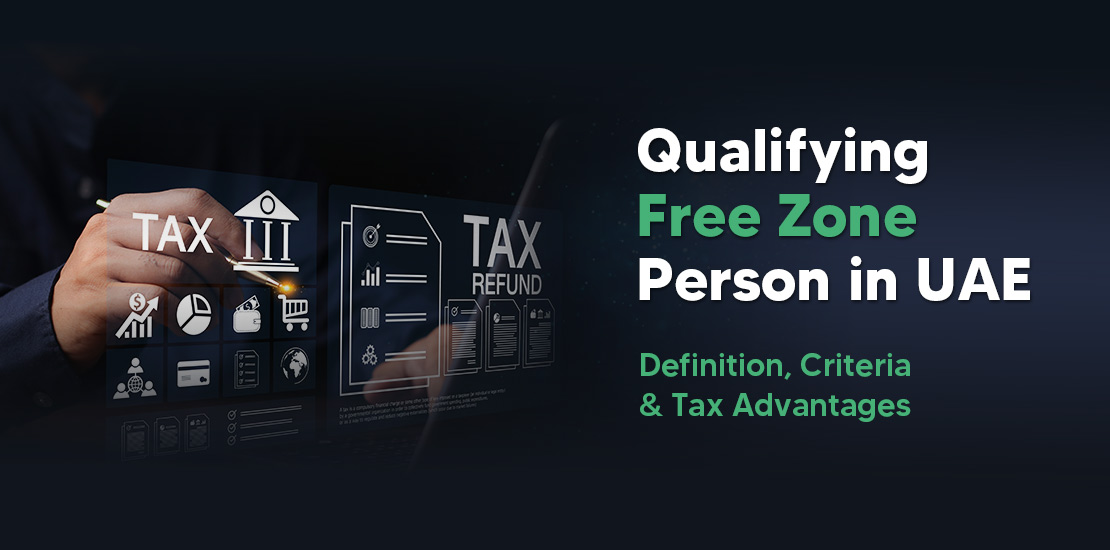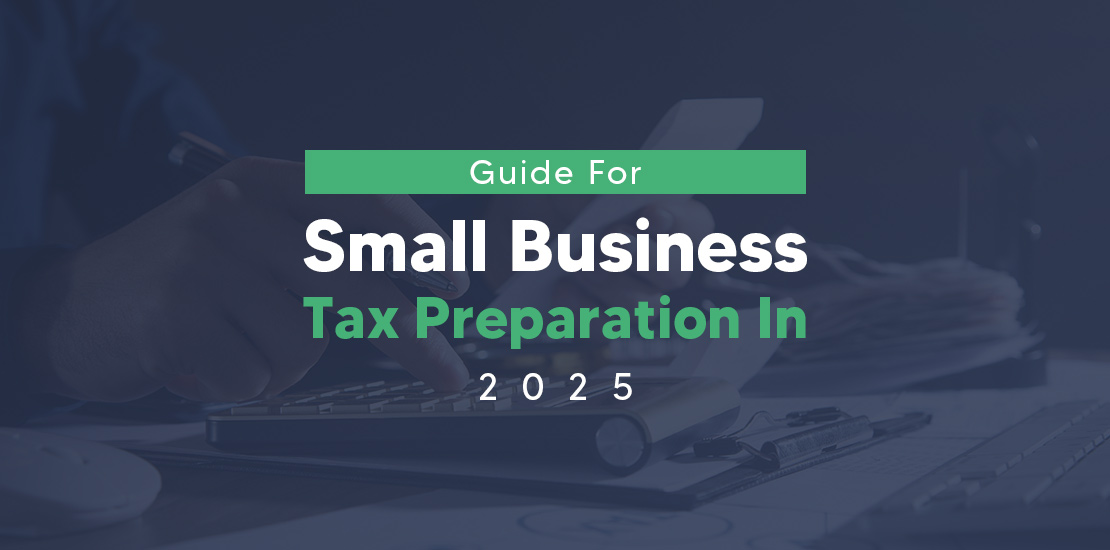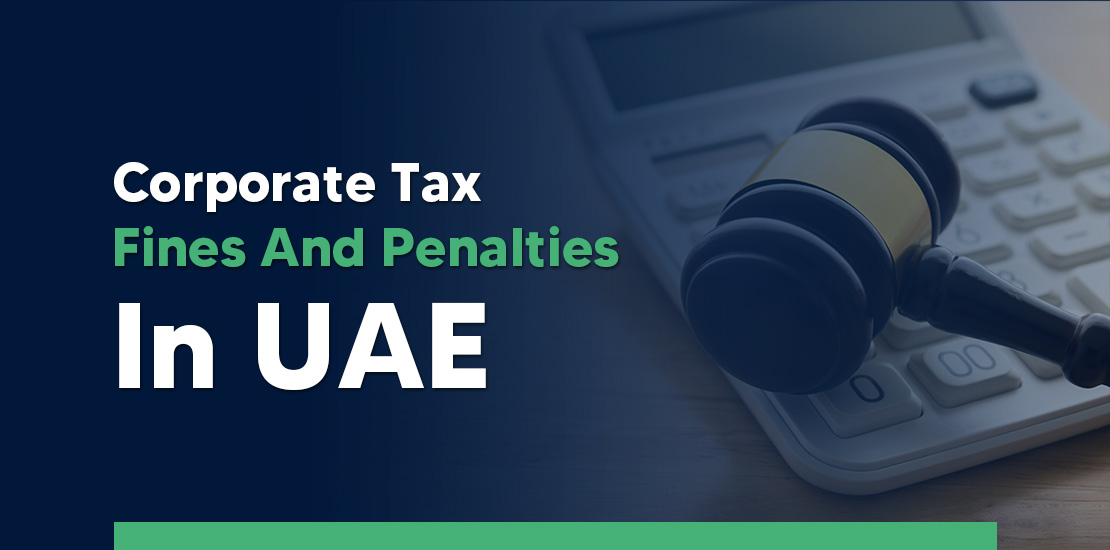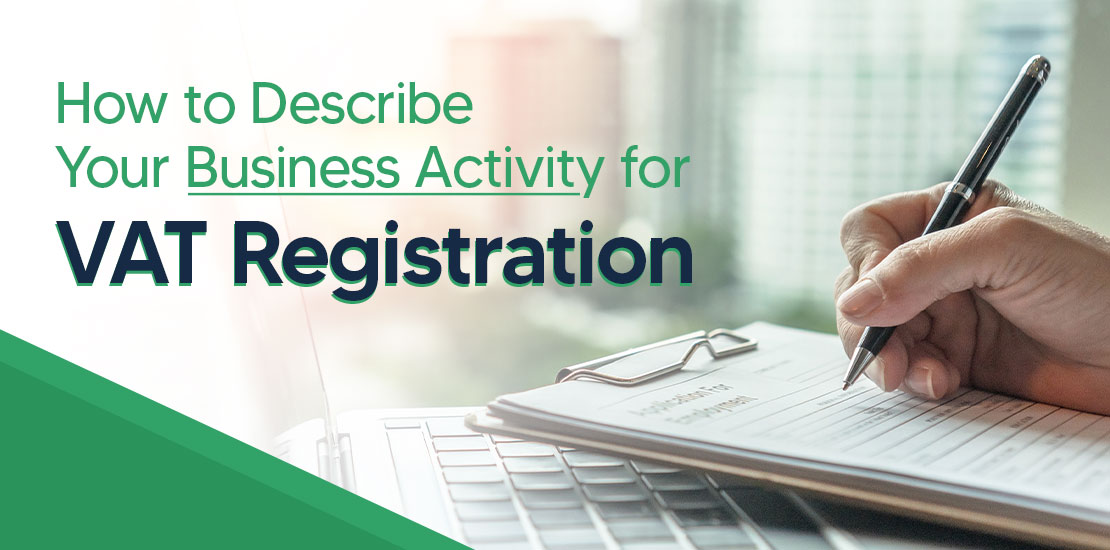Table of Contents
- What is the Reverse Charge Mechanism in VAT?
- What is the Need for Reverse Charge?
- Application of Reverse Charge Mechanism in UAE VAT Law
- What is the Purpose of VAT Reverse Charge Mechanism?
- How Does the Reverse Charge Mechanism on Services Work?
- Example of VAT reverse charge mechanism UAE
- What are the Requirements for Reverse Charge Mechanism?
- What conditions must be met for the reverse charge mechanism?
- Why Engage a Trusted Tax Firm for Handling Reverse Charge Mechanism Transactions?
The reverse charge mechanism in UAE VAT is a vital yet often overlooked aspect of VAT compliance. Unlike the conventional VAT process, where the seller collects VAT from the buyer and remits it to the Federal Tax Authority (FTA) the reverse charge mechanism shits this responsibility to the buyer.
This is particularly relevant for cross-border transactions or supplies from foreign vendors, where the buyer in the UAE is required to account for VAT directly to the FTA. Ignoring this mandatory requirement can lead to significant compliance issues for businesses. In this blog, you’ll get a clear understanding of what the reverse charge mechanism in UAE VAT entails, when it applies, and how to ensure your business remains compliant.
What is the Reverse Charge Mechanism in VAT?
The reverse charge mechanism in UAE VAT plays an important role in cross-border transactions by exempting foreign businesses from registering for VAT within the country. Instead of the traditional VAT process where the supplier collects tax from the customer, the reverse charge mechanism in UAE VAT shifts the responsibility to the buyer.
This means the buyer directly accounts for and pays the VAT to the UAE government. The supplier, particularly if based outside the UAE, is exempt from VAT and does not charge VAT on imported goods or services. In such cases, UAE residents receiving these goods or services must report and pay VAT under the reverse charge mechanism, ensuring accurate input and output VAT entries in their quarterly VAT returns.
What is the Need for Reverse Charge?
The need for the reverse charge mechanism (RCM) arises primarily to ensure VAT compliance in cross-border transactions and prevent tax evasion. Here’s a clear breakdown of why it’s necessary:
1. Simplifies Compliance for Foreign Suppliers
- Without RCM, foreign businesses would have to register for VAT in every country where they supply goods or services, resulting in increased administrative burdens.
- The reverse charge removes this burden by shifting the tax obligation to the local buyer, making it easier for non-resident suppliers.
2. Ensures VAT Is Collected on Imports
- When goods or services are imported, the UAE government still needs to collect VAT.
- RCM ensures this by making the local recipient responsible for accounting and paying VAT, even if the supplier is outside the UAE.
3. Reduces Tax Evasion
- Since the responsibility is on the local buyer, the government has better oversight and control over VAT collection.
- It helps in tracking taxable transactions more efficiently, especially those involving international vendors.
4. Streamlines VAT Reporting
- Local businesses record both input and output VAT in their VAT returns, allowing for accurate and transparent reporting.
- Often, if the buyer is eligible for input VAT recovery, the VAT under RCM may be fully reclaimable, resulting in no net tax liability.
5. Supports Fair Market Practices
- It levels the playing field for UAE-based businesses by ensuring that imports are taxed at the same rate as domestic supplies, thereby preventing unfair advantages for foreign suppliers.
Application of Reverse Charge Mechanism in UAE VAT Law
The reverse charge mechanism (RCM) in the UAE is applicable in specific scenarios where the recipient of goods or services — rather than the supplier — is required to account for and pay VAT to the government. Here’s when reverse charge is applicable under UAE VAT law:
1. Import of Goods into the UAE
When goods are imported from a supplier outside the UAE, the local recipient (importer) must apply the reverse charge mechanism and pay 5% VAT directly to the UAE Federal Tax Authority (FTA).
2. Import of Services
If a UAE-based business receives services from a foreign supplier (who has no place of residence in the UAE), it must apply reverse charge and account for VAT on that service.
Example: Purchasing software licenses or consultancy services from abroad.
3. Supply of Certain Goods or Services Within UAE (in specific cases)
RCM also applies to specific domestic transactions involving:
- Gold and diamonds
- Hydrocarbons for resale
- Crude or refined oil
- Natural gas or energy
In these cases, VAT responsibility is shifted from the supplier to the registered buyer (if both are VAT registered).
4. Supply Between Designated Zones
If goods move between designated free zones and certain conditions aren’t met, reverse charges may apply to ensure proper VAT treatment.
5. Supply of Electronic Services
Suppose a non-resident supplier provides electronic or digital services (such as software, streaming, or cloud hosting) to a UAE-based business or end-user. In that case, VAT must be applied by the recipient under the reverse charge mechanism.
6. Agency Transactions (In Some Cases)
If an agent acts on behalf of a non-resident and supplies goods or services to a UAE resident, RCM may apply, depending on the contractual terms and structure.
What is the Purpose of VAT Reverse Charge Mechanism?
The VAT Reverse Charge Mechanism is implemented to guarantee the collection of VAT on the supply of goods or services when the supplier is not a taxable person, and the supply occurs within the UAE. This concept designates the recipient or buyer as a party making taxable supplies to themselves, making them responsible for remitting VAT to the government.
How Does the Reverse Charge Mechanism on Services Work?
The reverse charge mechanism on services is a VAT concept that shifts the responsibility of tax payment from the service provider to the recipient. This mechanism is particularly relevant in cross-border transactions where the supplier is based outside the UAE and the recipient is a UAE-registered business.
Under the reverse charge mechanism in UAE VAT, when a foreign supplier provides services to a UAE-based company, the local business must account for VAT as if it had supplied the service itself. This means the UAE recipient reports both the input and output VAT in their VAT return, resulting in no net VAT liability, provided the service is for business purposes and input VAT is recoverable.
Example of VAT reverse charge mechanism UAE
An Italian company, XYZ, dispatched goods valued at AED 8,500.0 to ABC, a VAT-registered entity in the UAE. As this constitutes a taxable supply of goods, VAT must be addressed. Since the goods were imported from Italy, XYZ does not impose VAT on ABC, as it is not registered in the UAE. ABC pays only the goods’ cost, with the VAT liability settled directly with the government.
During VAT return filing, ABC asserts the 5% VAT-liable amount as input tax, offsetting it against the output tax liability. The reverse charge mechanism UAE VAT simply shifts the responsibility to pay VAT from the supplier (ABC) to the recipient (XYZ).
What are the Requirements for Reverse Charge Mechanism?
To apply the reverse charge mechanism UAE VAT, specific requirements must be met:
- Recipient Must Be VAT-Registered in the UAE: Only businesses registered under the UAE VAT regime are eligible to apply for the reverse charge.
- Supplier Must Be Outside the UAE: The service provider should not have a fixed place of establishment or residency in the UAE.
- Import of Services Must Be for Business Use: The services acquired must be used for taxable business activities in the UAE.
- Proper Invoicing and Record-Keeping: The UAE recipient must maintain appropriate records of the imported services and account for the VAT accordingly in their tax filings.
- No VAT Charged by Supplier: The foreign service provider should not include VAT on the invoice, as the responsibility for VAT payment shifts to the UAE recipient.
- Compliance with Article 48 of the UAE VAT Decree-Law: This article outlines the legal basis for applying the reverse charge mechanism in the UAE.
In summary, the reverse charge mechanism UAE VAT simplifies compliance for international service transactions by placing the onus on the recipient to report and pay VAT. It ensures that UAE businesses are taxed fairly on imported services, aligning with the principles of local VAT regulations.
What conditions must be met for the reverse charge mechanism?
Below are the conditions that must be met for the reverse charge mechanism, UAE VAT:
- The recipient of the goods or services must be VAT registered.
- Every registered business owner is obligated to maintain accurate records of supplies subject to reverse charge.
- Invoices, receipt vouchers, and refund vouchers must explicitly indicate whether the tax payable for a specific transaction is through reverse charge.
Why Engage a Trusted Tax Firm for Handling Reverse Charge Mechanism Transactions?
Engaging a reputable tax firm is advisable to ensure accurate and successful handling of transactions subject to the reverse charge mechanism of UAE VAT. This involves organising and collecting import records, maintaining precise VAT filing for such transactions, and correctly claiming VAT using the appropriate forms.
Our in-house FTA-registered tax agents are highly skilled and ready to assist you in every aspect.
Feel free to contact us:
📞 Call: +(971) 44081900
💬 WhatsApp: +(971) 508912062
📧 Email: info@shuraatax.com



